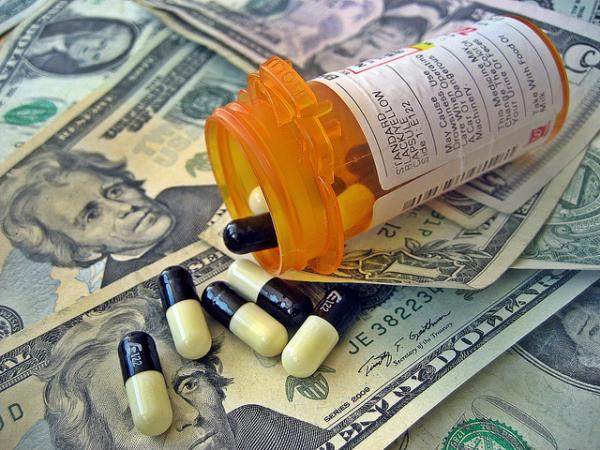STAT recently interviewed U.S. FDA commissioner Scott Gottlieb of the Food and Drug Administration on the proposals to curb drug costs; two quotes stand out:
“Does the disclosure of the price information provide appropriate balance to the consumer — like, is the information about the cost of the drug and the accessibility of the drug important at the time that they’re seeing the advertisement, in order to provide appropriate disclosure and fair balance in the advertisement?”
A fair but irrelevant question. Direct to consumer advertising raises patient awareness of treatment options, but in the end, patients are told to "speak to your doctor" because that is the point at which those decisions are made. More importantly, the choice of medication is always one of balancing risk and benefit, the cost is in the mix, but few patients will quibble over price when the decisions are framed as life-saving or extending.
Even assuming that cost is the prime concern, what price is to be quoted? From the medical perspective, it might be worth discussing price simply as the cost of treatment. That is relatively easy for an acute problem, but for a chronic problem, it requires consideration not by a single dose, but annual costs. And of course, none of this addresses price transparency – because for patients their cost is what is paid out of pocket and that can depend on their policy, deductibles, and co-pays. Determining the actual money spent by a patient for a drug is difficult to obtain, there is no database to access and the closest person to knowing the price for the patient, the pharmacist, is prohibited by contractual arrangements with pharmacy benefit managers from discussing them with patients. [1] So while the idea makes for a nice sound bite, it is impractical and will do little to reduce drug costs.
Global pricing
“If we truly had world pricing or had tiered pricing globally, based on market segments — rich nations, medium wealth nations, poor nations — if we truly had more global pricing…you would see launch prices and global prices that reflected an average across what markets can bear rather than the very sharp price differences we see right now”
Dr. Gottlieb’s argument here is that the cost of drugs should be more equitably shared because the reality is the United States a pharmaceutical marketplace without consistent price controls pays for global healthcare. This reality that the citizens of the United States through their insurance payments and out of pocket drug costs fund global healthcare is a significant cause of our high prices. Dr. Gottlieb is correct in pointing this out and seeking to level this particular playground.
The proposal sounds great, after all everyone pays its fair share. [2] But who is the arbiter that apportions cost - the World Health Organization? And on what basis – should we pay more because of our wealth, or is there a discount for all the agricultural products we export to feed the undernourished? The devil is always in the details.
NOTES:
[1] More and more states are banning such gag clauses, but counter litigation continues to slow change.
[2] Does it seem odd that the current administration cast as the uncompassionate conservatism should use the concept “From each according to his ability, to each according to his needs,” expressed by Karl Marx?




